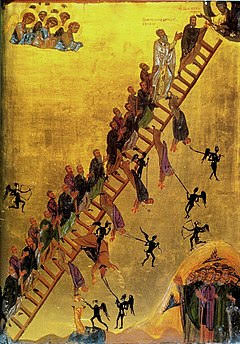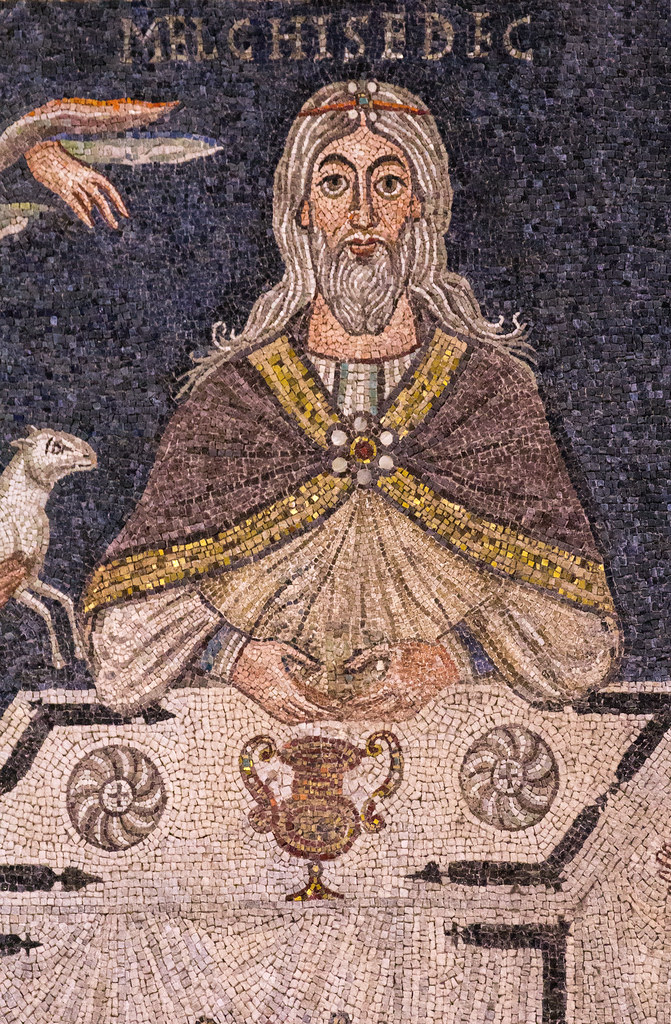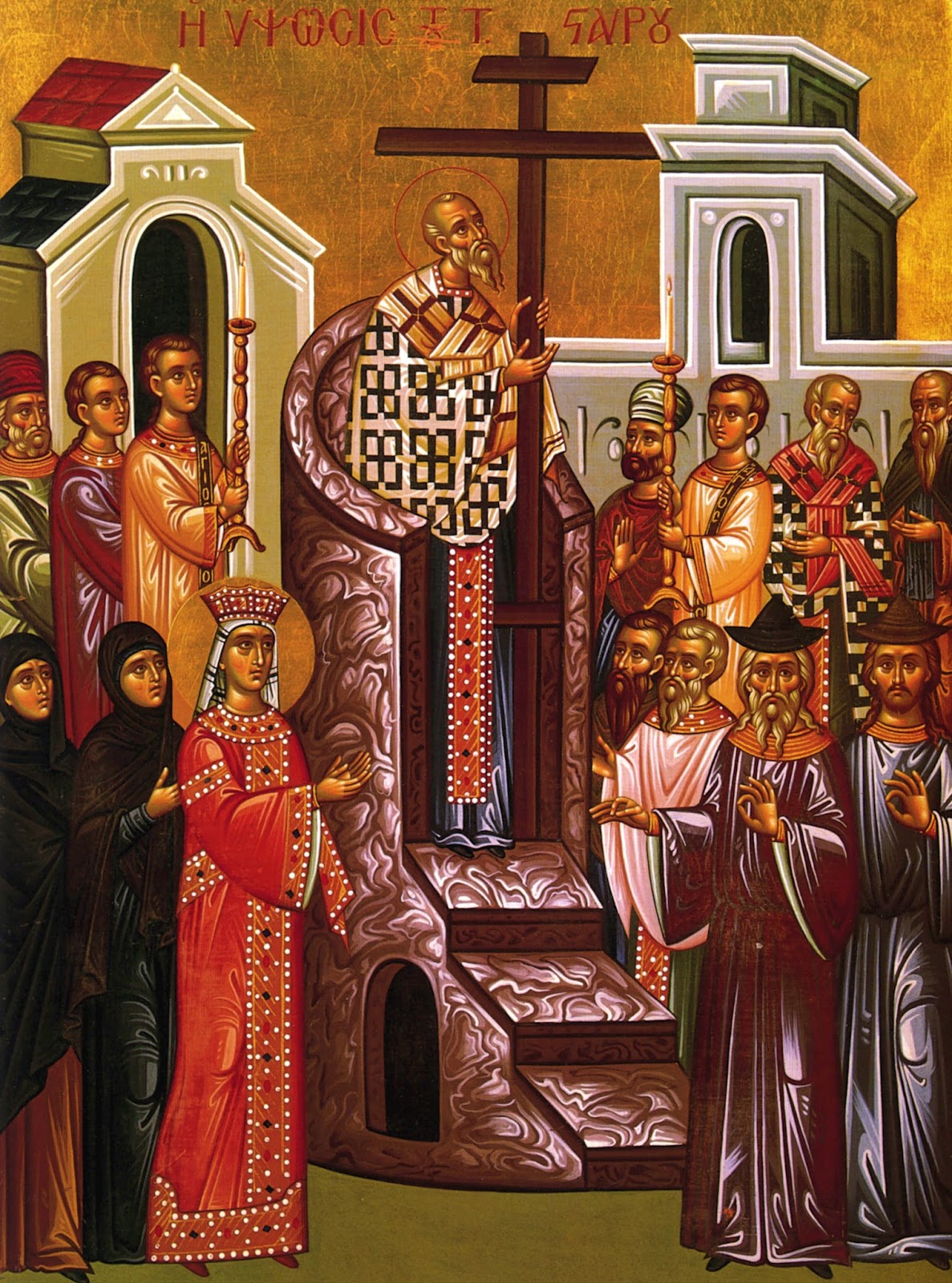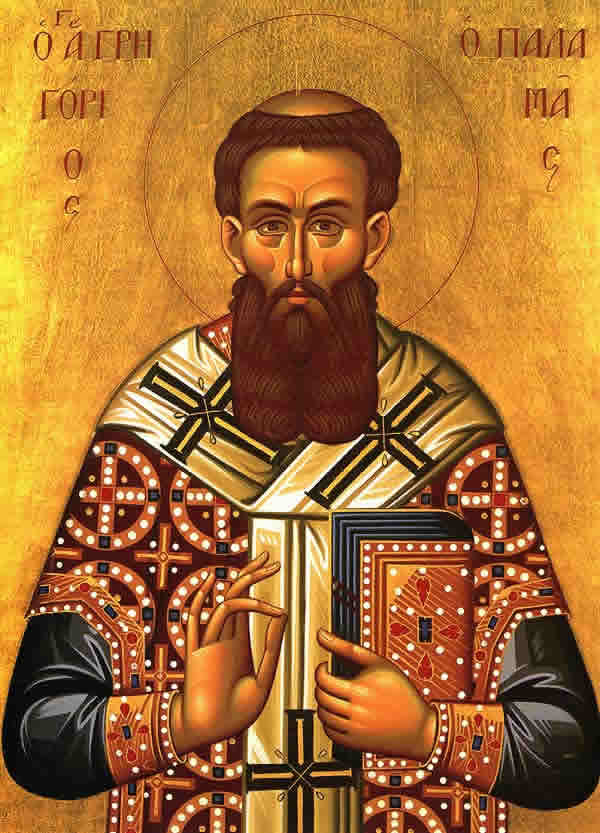And behold, a lawyer stood up to put Him to the test, saying, “Teacher, what shall I do to inherit eternal life?” He said to him, “What is written in the law? How do you read?” And he answered, “You shall love the Lord your God with all your heart, and with all your soul, and with all your strength, and with all your mind; and your neighbor as yourself.” And He said to him, “You have answered right; do this, and you will live.” But he, desiring to justify himself, said to Jesus, “And who is my neighbor?” Jesus replied, “A man was going down from Jerusalem to Jericho, and he fell among robbers, who stripped him and beat him, and departed, leaving him half dead. Now by chance a priest was going down that road; and when he saw him he passed by on the other side. So likewise a Levite, when he came to the place and saw him, passed by on the other side. But a Samaritan, as he journeyed, came to where he was; and when he saw him, he had compassion, and went to him and bound up his wounds, pouring on oil and wine; then he set him on his own beast and brought him to an inn, and took care of him. And the next day he took out two denarii and gave them to the innkeeper, saying, ‘Take care of him; and whatever more you spend, I will repay you when I come back.’ Which of these three, do you think, proved neighbor to the man who fell among the robbers?” He said, “The one who showed mercy on him.” And Jesus said to him, “Go and do likewise.”
Luke 10: 25-37 (Gospel from the 8th Sunday of Luke)
Today’s Gospel lesson is not only one of the most well-known passages in the Bible but is one of the richest as far as the lessons it teaches us. A lawyer stood up to put Jesus to the test—He didn’t just ask an innocuous question. He essentially put Jesus on trial. He tried to nail down exactly what he had to do to gain eternal life. Jesus, knowing that he was well versed in the law, asked the man who his interpretation of what the law said was required to gain eternal life. The lawyer replied by naming the two great commandments—love God and love your neighbor. And Jesus told him that if he was doing those two things, he was on the right track.
The man, however, wanted to nail down exactly how much he had to love his neighbor as well as who would be considered as his neighbor, in order to, the Bible says, “justify himself.” Perhaps he was not being considerate or loving toward all his neighbors and he wanted to know exactly to how many and how much needed to act like a good neighbor.
So, Jesus gave him an answer, which is the first lesson of this parable. Our neighbor is everyone, even our enemies. The man who was beaten by the robbers was Jewish. The man who help him was a Samaritan. Two men, a priest and a Levite from the man’s own temple, who should have been the first to help him, walked away and passed by on the other side of the road. This is the second lesson of the parable—we are supposed to help all people, starting with our own people. What do I mean by this? Our churches don’t just exist a clubs where people of like faith and culture gather. We are supposed to help one another, the neighbor that we know (the people who live with us, the people who live next to us, the people who work with us, and the people who sit in the pews next to us), as well as the neighbor we do not know.
Lesson three is the symbolism in the parable. When the Good Samaritan went to assist the wounded man, he poured oil and wine on his wounds. These represent two of the healing sacraments of the church—Holy Unction (oil) and Holy Communion (wine). The “inn” to which he took the man symbolizes the church, the spiritual hospital for those who have been wounded by life. The innkeeper represents the priest, as well as those who are leading the ministries of the church.
Some people have affectionately called this parable, “The Parable of the Good Steward,” because in the actions of the Samaritan, we see the meaning of true Christian stewardship, the fourth and final lesson of this parable. A steward is a temporary caretaker. Stewardship is when we take care of what has been entrusted to us—remember the parable reminds us that we are to take care of our neighbor, everyone. So, stewardship is an expression of Christian love for our neighbor through the church. Stewardship is providing the means necessary to care for our neighbor and includes time, talent and treasure.
The Samaritan offered time to the wounded man by changing the course of his day. He offered talent when he took care of the man. And when he had to leave to continue on his journey, he provided “treasure” in the form of two denarii (which is approximately 2 day’s pay) in order to make sure the man was taken care of. Our offering of treasure to the church helps us play the role of the Samaritan. We are not all able to hear confessions, or take Communion to the sick, or counsel the troubled or organize feeding the homeless. When we give to the church, the inn, and the innkeeper—the priest and the ministry heads—takes care of the wounded, we have provided the means for the healing to take place.
Remember the lessons of this parable—our neighbor is everyone, even our enemy. And we are supposed to be good stewards, which means using our own means to help our neighbor and providing the means for others who are better equipped to help our neighbor. It means supporting the church through our time, our talent, and our treasure. And it means loving our neighbor by providing the means to help him when life has left him beaten and discouraged.
Lord, Your Cross is life and resurrection for us Your people; and trusting in it we extol You, our God, who has risen. Have mercy on us. (First Resurrectional Praise, Plagal 2nd Tone, Trans. By Fr. Seraphim Dedes)
Find a neighbor who needs some love today!



